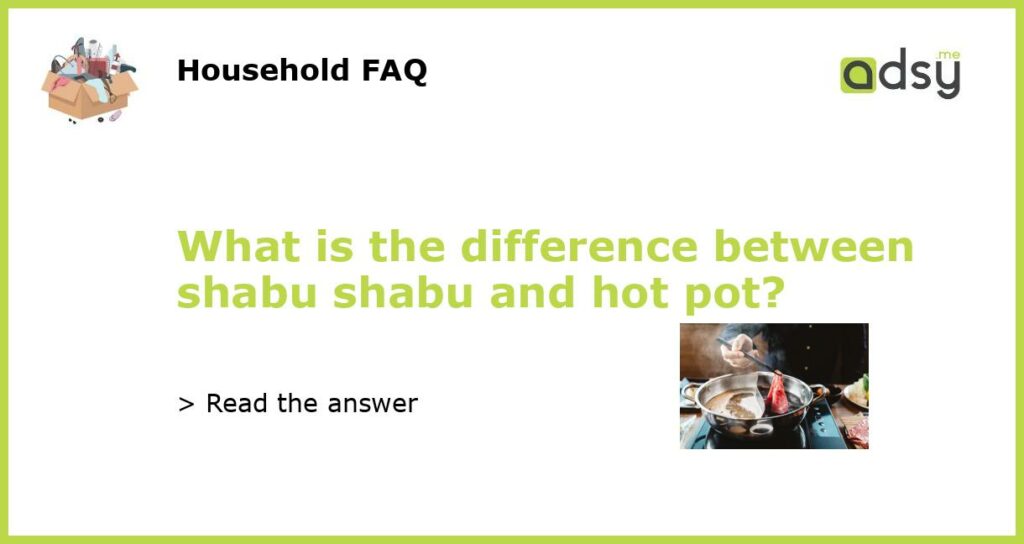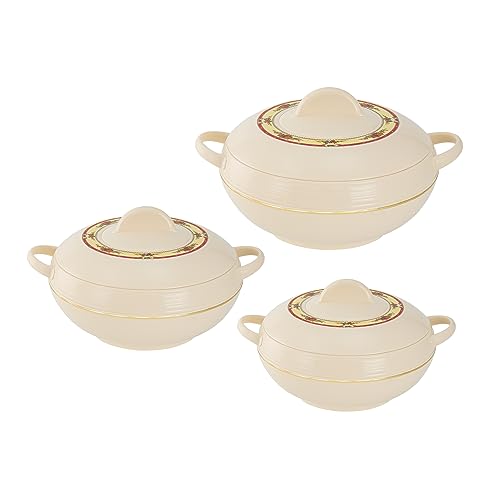The basics of shabu shabu and hot pot
Shabu shabu and hot pot are both examples of Japanese cuisine that involve cooking thinly sliced meat and vegetables in a boiling broth at the table. The key difference lies in the way the dishes are consumed. While hot pot involves creating a communal pot for all diners to share, shabu shabu is more individual-focused, with each diner cooking and consuming their own portion.
The anatomy of a hot pot
In a hot pot, a pot of simmering broth is placed in the middle of the table, either shared or individual. As a group, diners will typically select raw meats, seafood, and vegetables to cook in the broth. Sauces and spices may also be provided for added flavor. As the ingredients cook in the broth, participants will use chopsticks or a small wire mesh scoop to retrieve cooked items.
What makes shabu shabu unique?
Shabu shabu, on the other hand, offers a more customized dining experience. Each diner has their own pot of boiling water or broth, into which they dip thinly sliced pieces of meat, seafood, and vegetables. The food is cooked quickly, and typically eaten with a dipping sauce before moving on to the next piece. Vegetables and noodles may also be added to the pot to create a soup, which is served towards the end of the meal.
Different broths for different occasions
One aspect of both shabu shabu and hot pot is the selection of broth. In a hot pot, broth can be mild or fiery, depending on the preferences of the diners. In shabu shabu, the broth is typically lighter and simpler, allowing the flavors of the meats and vegetables to shine. However, broth options can vary by restaurant and region. For example, some shabu shabu purists may insist on a konbu dashi broth made with kelp.
Which one to choose?
When choosing between shabu shabu and hot pot, it ultimately comes down to personal preference, group size, and occasion. Hot pot is ideal for a communal dining experience, for instance, for family reunions, while shabu shabu is more intimate and better suited for smaller groups. Those who prefer simple dishes and strong flavors may gravitate towards shabu shabu, while those looking for variety and spice may prefer hot pot. Either way, both dishes offer a fun and delicious way to enjoy a meal with family and friends.






